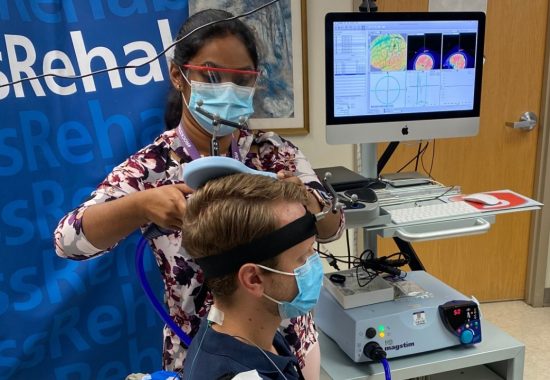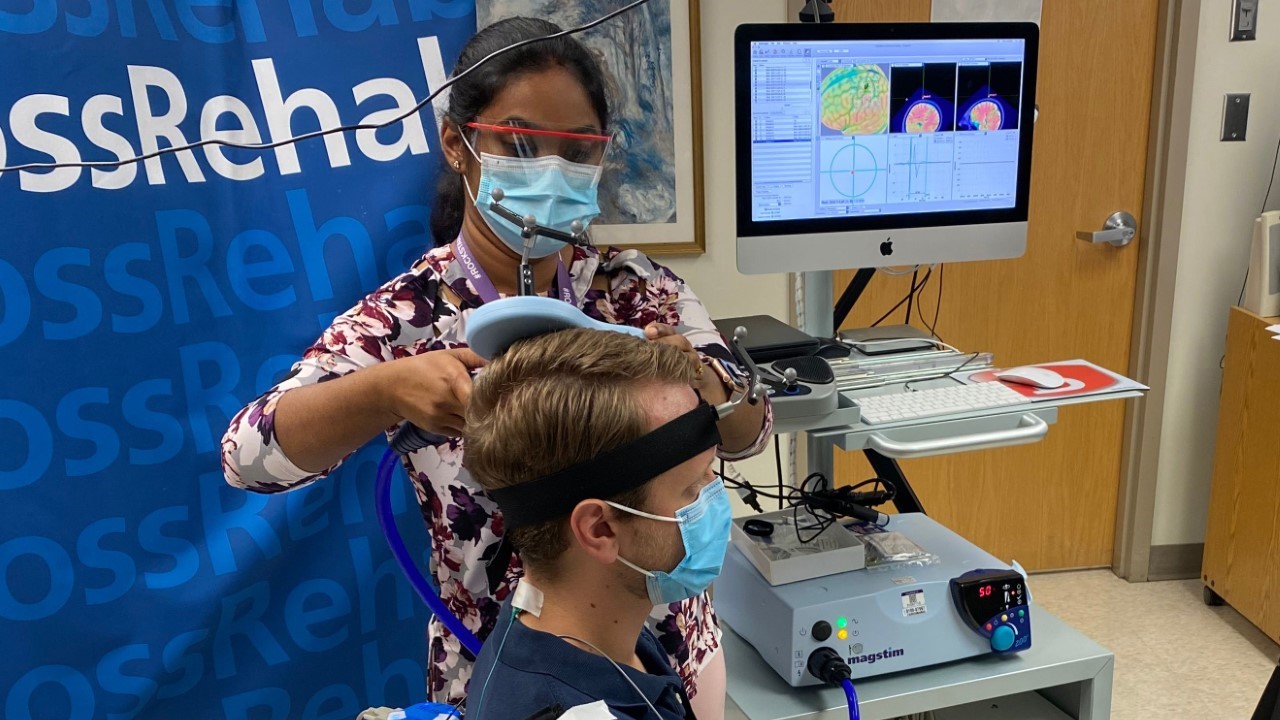A person’s ability to properly coordinate their movements as they go through their daily life relies on a part of the brain called the cerebellum. Cerebellar ataxia is a movement disorder that results when the cerebellum is damaged. People with cerebellar ataxia have difficulty controlling their balance, and their walking can have a “drunken” appearance. Damage to the cerebellum also impairs the control of reaching movements, eye movements, and speech.
There are a host of genetic conditions that can cause a progressive degeneration of the cerebellum, and these conditions affect many people around the world. In the United States alone, it is estimated that between 15-20,000 people have autosomal dominant spinocerebellar ataxias, and tens of thousands more are affected by autosomal recessive and sporadic ataxias.
Currently, there are no medications that are effective in treating the broad movement incoordination associated with cerebellar ataxia. This leaves physical and occupational therapy as the main options for managing the condition. However, current therapy interventions often show limited success.
Rehabilitation for cerebellar ataxia is challenging because cerebellar damage impairs an important mechanism for learning to alter movement patterns, called adaptation. For the past few years, Amanda Therrien, PhD, Director of the Sensorimotor Learning Laboratory at Moss Rehabilitation Research Institute (MRRI), has been studying whether people with cerebellar degeneration can leverage a different mechanism, called reinforcement learning, to change their movement. This work has shown that reinforcement learning is less dependent on cerebellar integrity than adaptation and that people with cerebellar degeneration can use reinforcement learning to change their movement patterns.
Despite showing promise for most people with cerebellar degeneration, Dr. Therrien’s research has revealed some variability in the responses to reinforcement learning interventions. That is, some people with cerebellar ataxia learn more with this training than others. The ability to predict which people are likely to benefit most from reinforcement learning is a critical step in translating this kind of training to interventions that could be useful in clinical settings.
Reinforcement learning depends on excitatory plasticity in a region of the brain called the primary motor cortex. The cerebellum is highly connected with the primary motor cortex, and cerebellar damage can alter primary motor cortex activity in a way that may hinder the plasticity needed to leverage reinforcement learning. Dr. Therrien recently received a grant from the National Center for Neuromodulation for Rehabilitation to use non-invasive brain stimulation to study changes in primary motor cortex activity in people with degenerative cerebellar ataxia. MRRI Institute Scientist Shailesh Kantak, PT, PhD, is a co-investigator on the grant, and MRRI Director Dylan Edwards, PhD, will serve as a consultant on the project. The project will determine whether these changes can predict responsiveness to a reinforcement learning intervention.



2 comment on “The Sensorimotor Learning Lab Receives New Grant to Study Primary Motor Cortex Changes in People with Degenerative Cerebellar Ataxia”